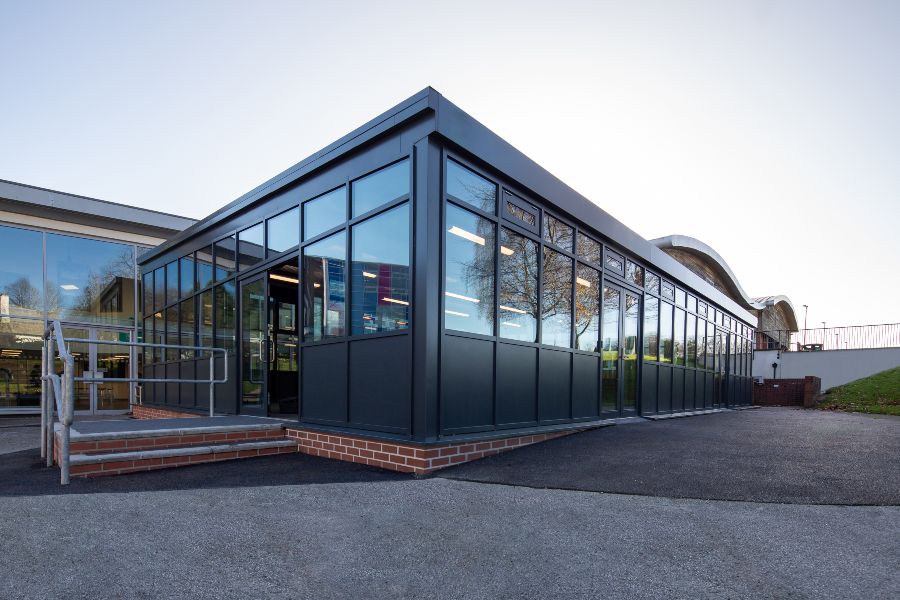Despite a weakening economy and the continuing struggle in construction, the employment rate for new building and engineering graduates has improved and unemployment has dropped, according to research published today (11 October 2012) by the Higher Education Careers Services Unit (HECSU).
HECSU’s What Do Graduates Do? reports the destinations of 14,295 first degree building and engineering graduates in January 2012 (six months after they left university), which makes up 5.8% of the overall 2011 graduate cohort.
The figures show revival in engineering, which has experienced poor employment outcomes since the start of the recession. Employment rates for architecture and building (65.9%), civil engineering (62.8%), electrical and electronic engineering (63.9%) and mechanical engineering (65.6%) were higher than the average of all graduates from first degree disciplines (61.8%).
Career prospects had also improved since the previous year with 65.8% of employed mechanical engineering graduates (59.4% in 2011), 36.2% of electrical and electronic graduates (30.9% in 2011) and almost three in five civil engineering graduates (54.6% in 2011) all working as engineering professionals in January 2012 (six months after graduating).
The unemployment rate has dropped across all subjects with the exception of electrical and electronic engineering graduates – 8.4% architecture and building (9.5% in 2011), 9.5% civil engineering (11.4% in 2011), 8.9% mechanical engineering (9.3% in 2011) and 12.1% electrical and electronic engineering (11.2% in 2011).
The average salaries for full-time first degree building and engineering graduates entering full-time employment in the UK increased compared to the previous year, except civil engineering which saw the average salary decrease slightly to £22,720. Average salaries: £17,950 (architecture graduates), £24,825 (mechanical engineering graduates), £20,585 (building graduates) and £22,880 (electrical and electronic engineering).
Charlie Ball, deputy research director at HECSU says: “We welcome these signs of recovery. As the UK economy struggled with negative growth and a dip back into recession, the last year has continued to be tough for graduates, but despite this, the majority of engineering graduates have found employment, and specifically in jobs related to the subject studied. The figures show that even in difficult times, engineering graduates can and do get jobs. Students need to prepare for a difficult jobs market, but there are opportunities out there, so don’t give up hope.”
What Do Graduates Do? is published in collaboration with the Association of Graduate Careers Advisory Services. The report can be downloaded at www.hecsu.ac.uk



















